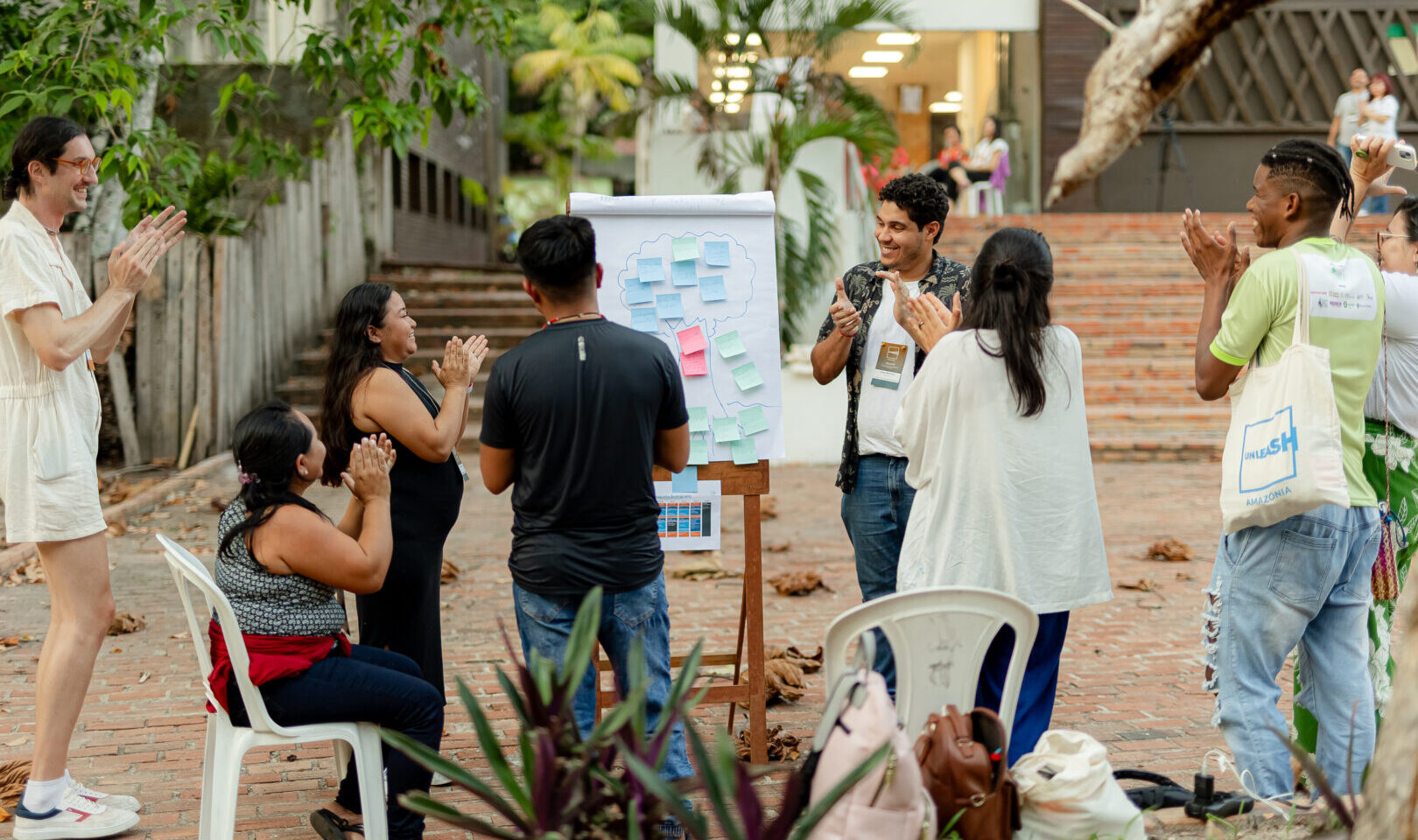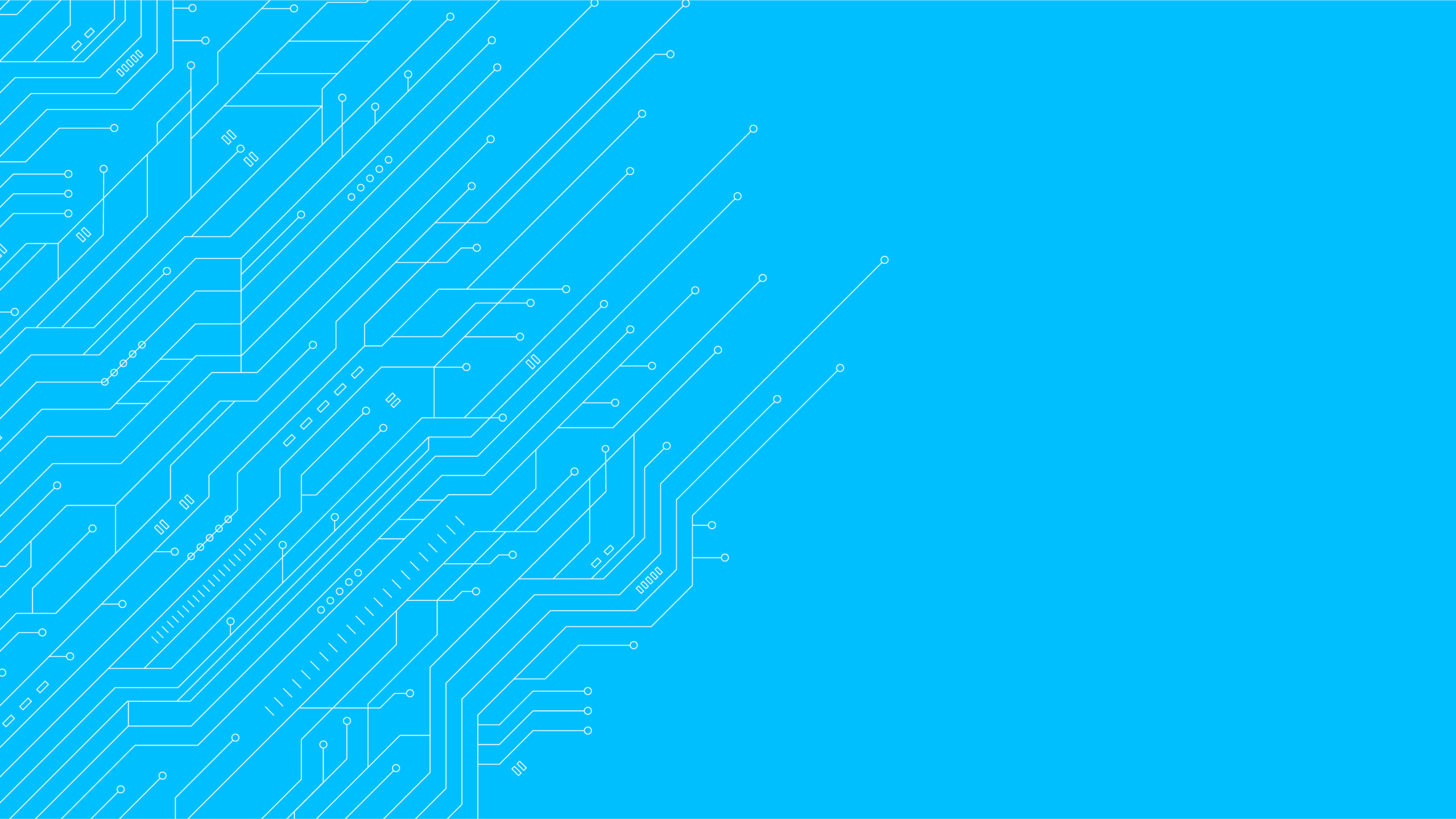Brazil is home to close to 60 percent of the Amazon Basin, a vast geographical region in South America that contains the largest tropical rainforest in the world. Brazil’s vast ecosystem is known for its incredible biodiversity and plays a crucial role in regulating the Earth’s climate. The region is at risk of massive environmental and social challenges including climate change, deforestation, lack of enforced land rights, and much more, impacting the lives of millions of people and the environment regionally and globally.
Chemonics knows that locally led solutions are key to creating sustainable change at both a community and global scale. That’s why we partnered with UNLEASH, an organization dedicated to mobilizing youth to co-create solutions to the Sustainable Development Goals (SDGs), to implement UNLEASH Amazon, the first UNLEASH Regional Innovation Lab in South America. The week-long program was held in October 2024 in Manaus, Brazil, and brought together more than 100 Brazilian youth changemakers to collaborate and tackle regional issues. Participants included youth from all nine states of the legal Brazilian Amazon, with over 70 percent of participants belonging to Indigenous and Traditional communities.

Participants framed their lived experiences and regional knowledge through UNLEASH’s Innovation Methodology, rooted in design-thinking and user-centered co-creation. They focused on pressing issues co-developed with community leaders, including land rights, economic development, and bioeconomy. Over the week-long journey, the passionate innovators created 26 new solutions designed to address areas such as sustainable farming, energy, and power sources.
While all solutions created during the program are a testament to the power of locally led innovation, collaboration, and passion to create meaningful change in the world, three finalists were awarded $3,000 for further development. The semi-finalists and one finalist were chosen by the participants through a participatory voting approach, keeping the decision-making power in the hands of the communities. Team RORRAM was recognized for a solution that aims to prevent the extinction of manioc, a starchy root vegetable, in the Brazilian state of Roraima through a nursey rooted in Indigenous People’s ancestral knowledge. Team TURIMPACTO aims to boost job creation through cultural exchanges for riverside communities, while KUNAY MODA COM PROPOSITO promotes cultural identity, breaking stereotypes, and fostering authentic representation through a fashion training program for Indigenous and Traditional Amazon youth.
Chemonics representatives shared their expertise and insights on-site, supporting the changemakers as they turned their ideas into impactful locally led initiatives. Cíntia Borges, Chemonics’ Outreach and Communications Lead for the Land Innovation Fund, reflected on her experience, “UNLEASH offers an incredible opportunity to connect with inspiring innovators who are dedicated to achieving the SDGs, many of whom I would not have the chance to meet otherwise. I’m proud that UNLEASH fosters an environment where we can learn about the unique issues facing communities across Brazil—challenges that often remain unknown even to many Brazilians.”
Chemonics has served as UNLEASH’s Lead Scale Partner since 2019, co-designing and co-delivering innovation programs for young changemakers who, with the right resources and support, have the power to lead sustainable change in their communities and globally.
Banner Image Caption: Team members work together with their mentor to complete their problem tree and identify the underlying causes of the the problem.
This post was adapted from a blog written by Mahdis Nicokar.



